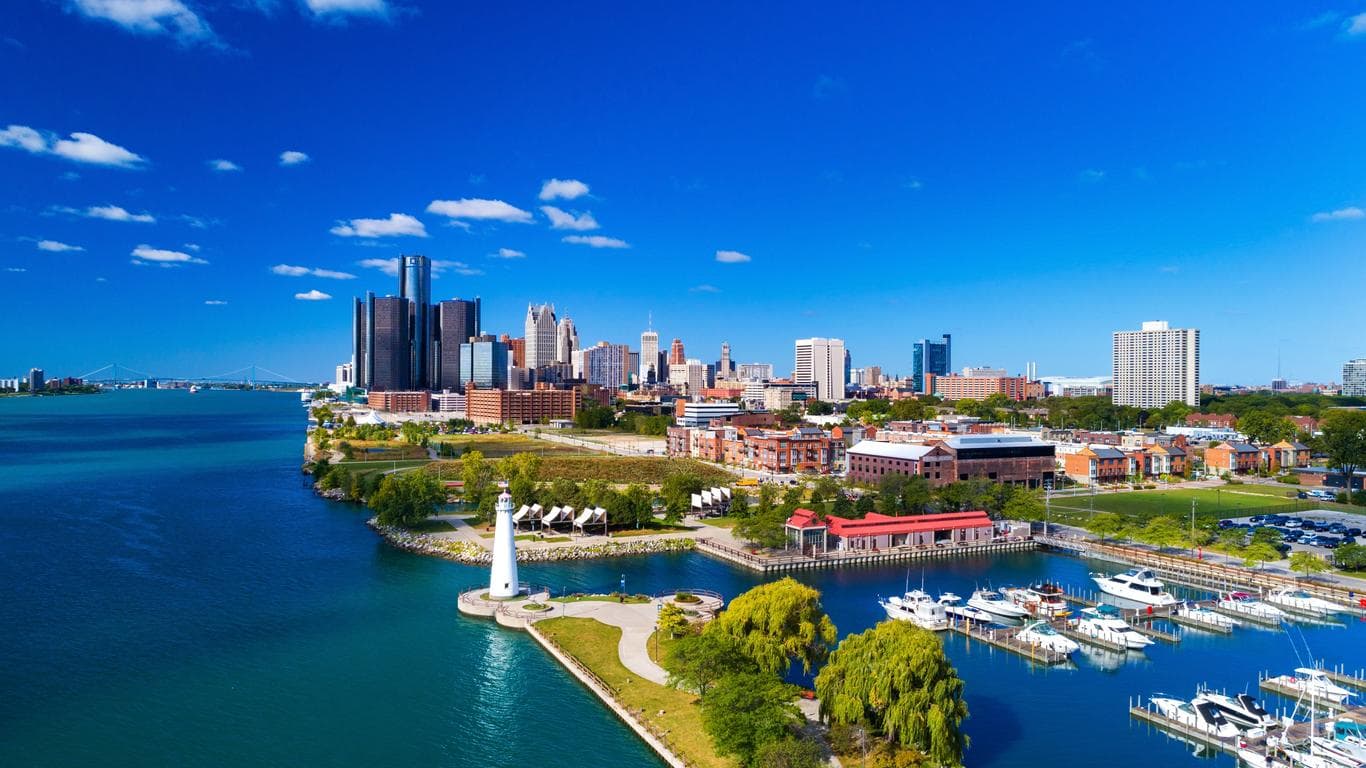Detroit is a city with a rich history that many perceive through the lens of its industrial past and architectural landmarks. However, behind the facade of typical tourist routes lies a living, dynamic, and diverse fabric of local communities that create a unique experience and open new horizons for travelers. In recent years, it is precisely Detroit’s communities that have acted as a kind of tour operators, offering alternative routes capable of showing the city from an unusual perspective and filling the journey with the true spirit of local culture.
Community as a Source of Cultural Discoveries
Unlike traditional tours organized by large companies, routes created and supported by local communities immerse guests deeper into city life. Here, visitors are not simply shown iconic places — they are invited to feel Detroit’s rhythm, to get acquainted with its creative districts, the history of migrations, changes, and challenges. These routes are born within the neighborhoods themselves, shaped around initiatives of creative groups, activists, and entrepreneurs interested in preserving and developing their identity.
The community becomes a kind of guide, introducing little-known art spaces, meeting places for musicians and artists, as well as unique cultural events inaccessible to mass tourists. This approach allows one to see not only architecture but to feel the city’s pulse, to understand its history through the prism of everyday life.
Alternative Routes: From Art to Gastronomy
One of the key elements of such communities is art clusters that unite artists, craftsmen, and musicians. In Detroit, for example, the East Michigan district regularly hosts exhibitions, workshops, and musical performances. Local initiatives actively support the emergence of new galleries and studios, creating spaces for creative exchange. These areas often remain outside traditional guidebooks, yet it is there that the real energy of the city is felt.
Gastronomy is another important component of alternative routes. In Detroit, communities are developing farmers’ markets, small cafes, and restaurants with local products that reflect the city’s multinational population. Local chefs bring authenticity and experimentation to the cuisine, making gastronomic walks rich and memorable.
The Importance of Social Initiatives and Environmental Responsibility
In addition to cultural aspects, Detroit’s communities are actively engaged in social projects and environmental initiatives. Tourists participating in such programs can get to know the city through volunteer projects on restoring green spaces, involvement in urban farms, and educational programs for local residents. This allows one to view Detroit not only as a city preserving its heritage but also as one developing with a focus on a sustainable future.
Such routes often lead to neighborhoods that for a long time remained forgotten or neglected by traditional tourism — opening opportunities for economic and cultural revival, as well as strengthening the connection between residents and guests of the city.
Interaction of Technology and Communities
Modern technologies play an important role in organizing and promoting alternative routes in Detroit. Communities use social networks, online platforms, and mobile applications to create interactive guides and virtual tours. Thanks to this, travelers gain access to fresh and live information, can communicate with locals, learn about new events, and receive personalized recommendations. These digital tools also enable communities to reach a global audience, attracting visitors who seek authentic and immersive experiences beyond standard tourism. Furthermore, technology allows for real-time updates and feedback, helping organizers continuously improve the routes and respond to travelers’ interests. In the era of digitalization, this combination of local experience and technological possibilities helps preserve authenticity while making travel convenient and accessible.
Conclusion: Detroit through the Eyes of the Community
The approach where the community becomes the tour operator changes traditional ideas about travel. In Detroit, it is precisely the local residents who create new routes, tell the city’s stories, inspire guests, and help to truly immerse themselves in the spirit of this place. Such alternative routes allow one not just to see the city, but to become part of it, to discover the unknown, and to rethink classic tourist standards.
For travelers from Slovenia and other countries who value depth and authenticity, Detroit in the format of community-created routes offers a unique experience that goes beyond usual attractions and immerses in the vibrant atmosphere of an American city with a rich history and a bright cultural present.

